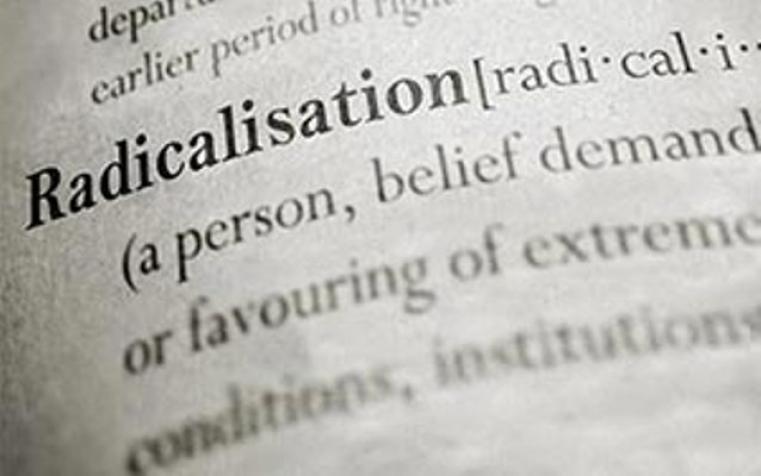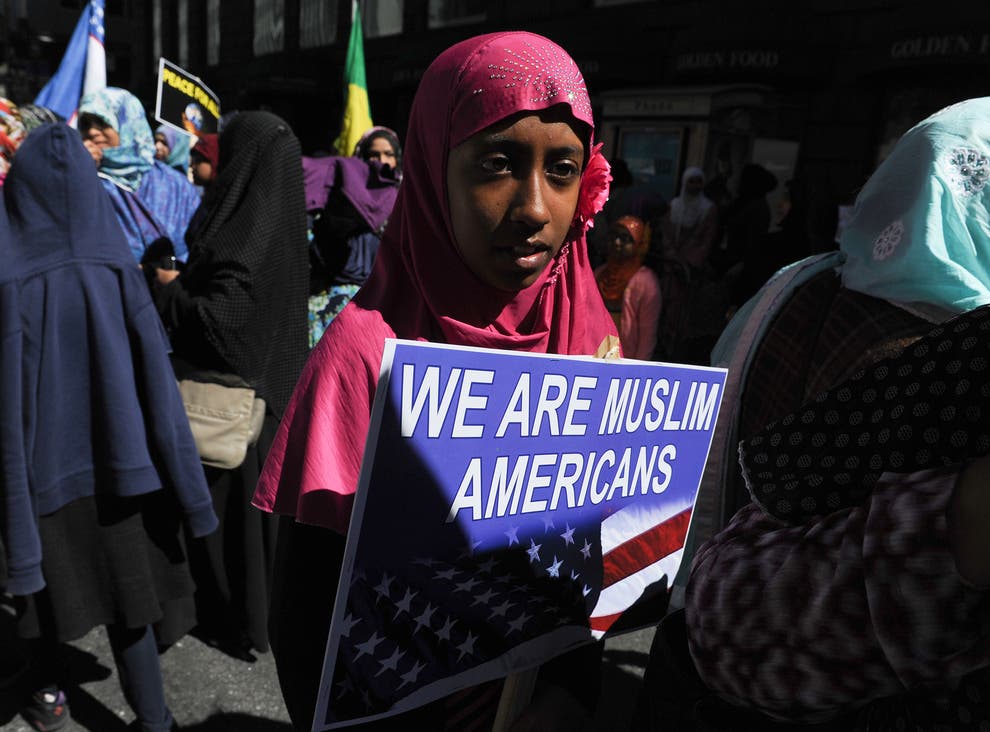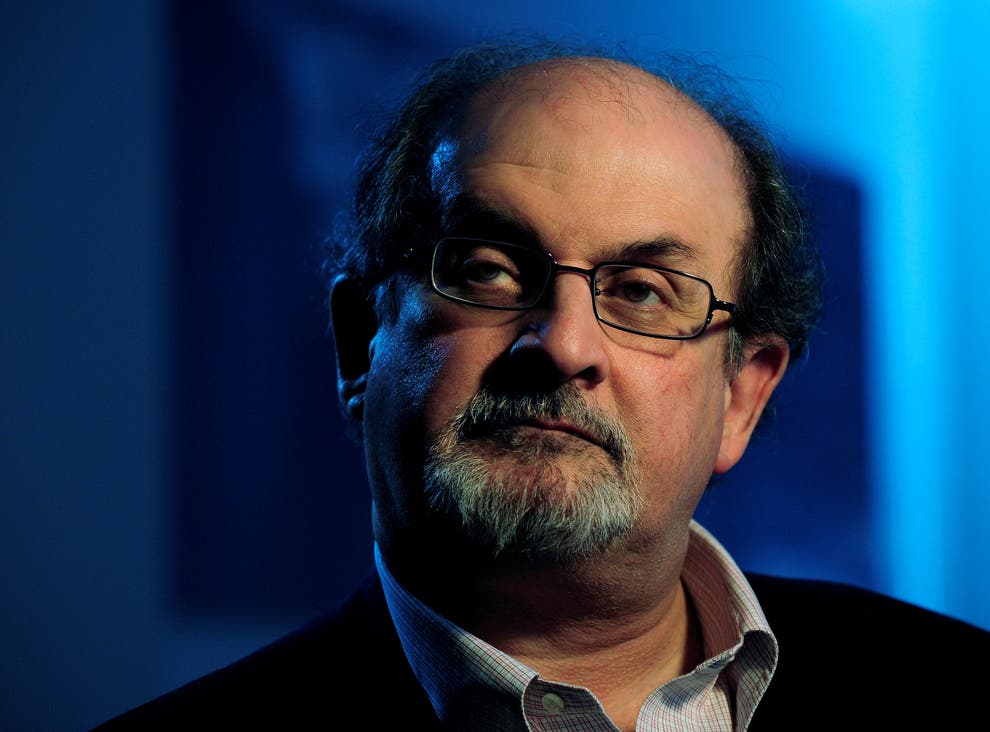WASHINGTON — The brothers who carried out suicide bombings in Brussels last week had long, violent criminal records and had been regarded internationally as potential terrorists. But in San Bernardino, Calif., last year, one of the attackers was a county health inspector who lived a life of apparent suburban normality.
And then there are the dozens of other young American men and women who have been arrested over the past year for trying to help the Islamic State. Their backgrounds are so diverse that they defy a single profile.
When researchers do come up with possible answers, the government often disregards them. Not long after the attacks of Sept. 11, 2001, for instance, Alan B. Krueger, the Princeton economist, tested the widespread assumption that poverty was a key factor in the making of a terrorist. Mr. Krueger’s analysis of economic figures, polls, and data on suicide bombers and hate groups found no link between economic distress and terrorism.
More than a decade later, law enforcement officials and government-funded community groups still regard money problems as an indicator of radicalization.






